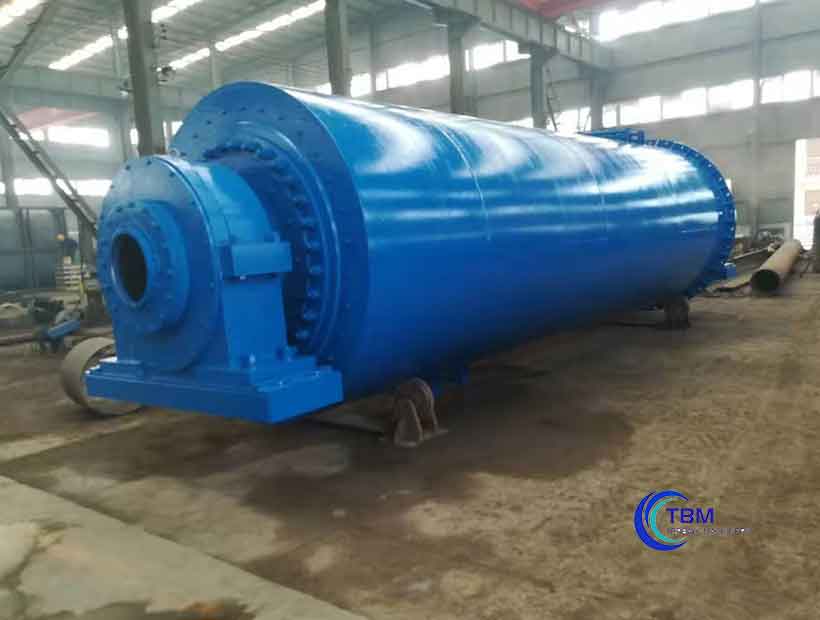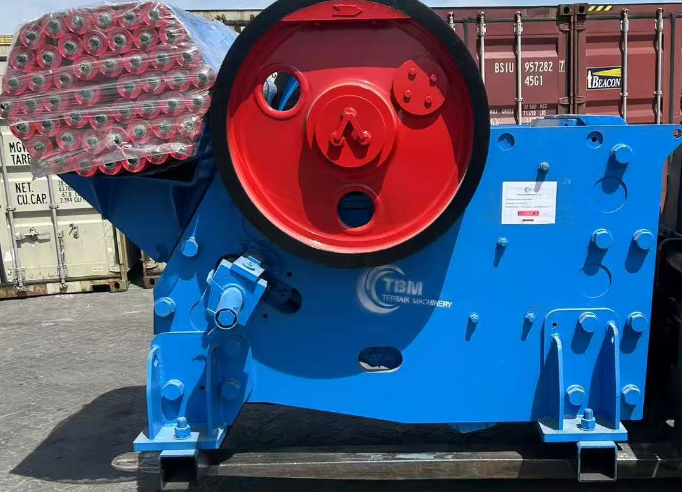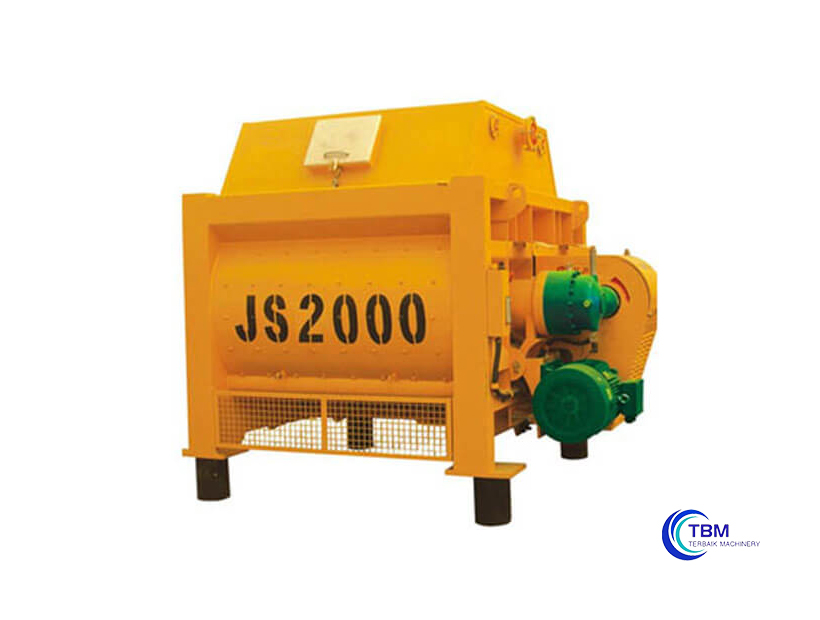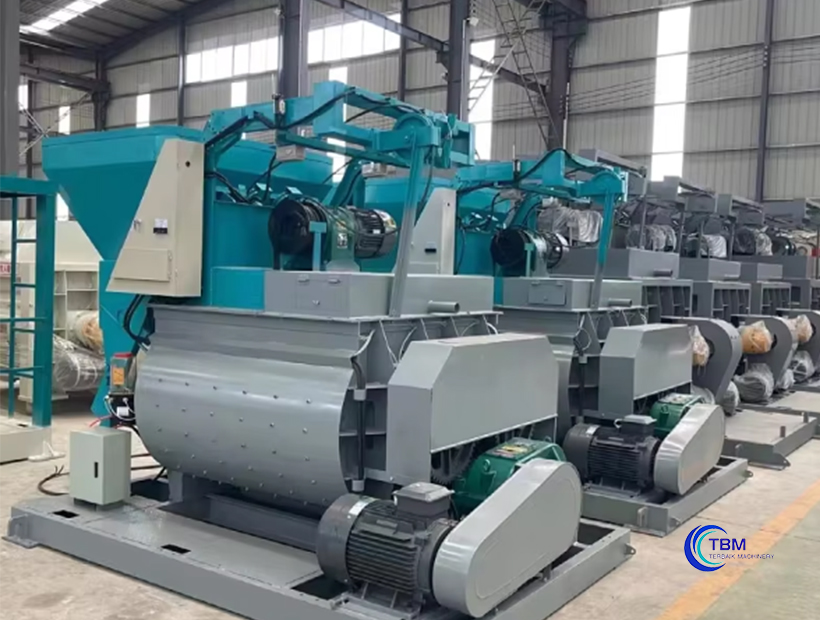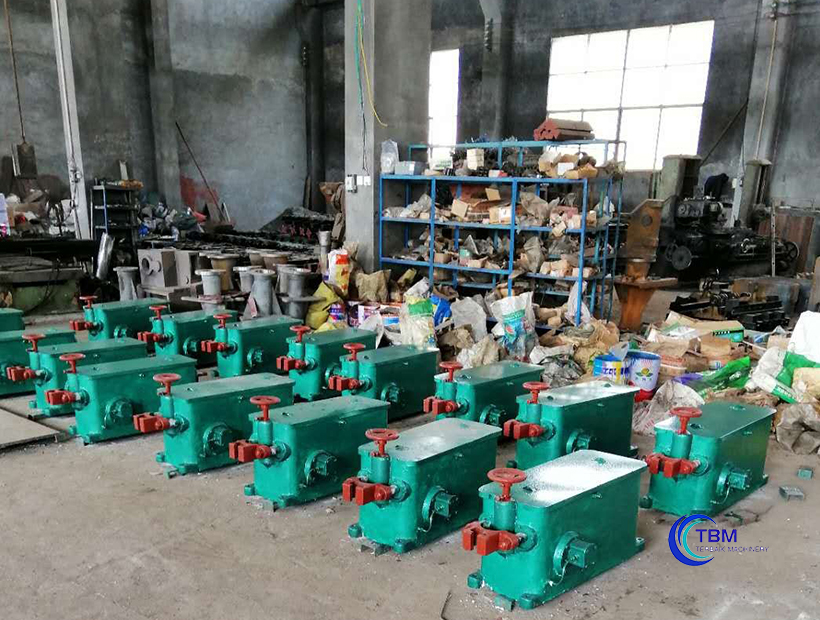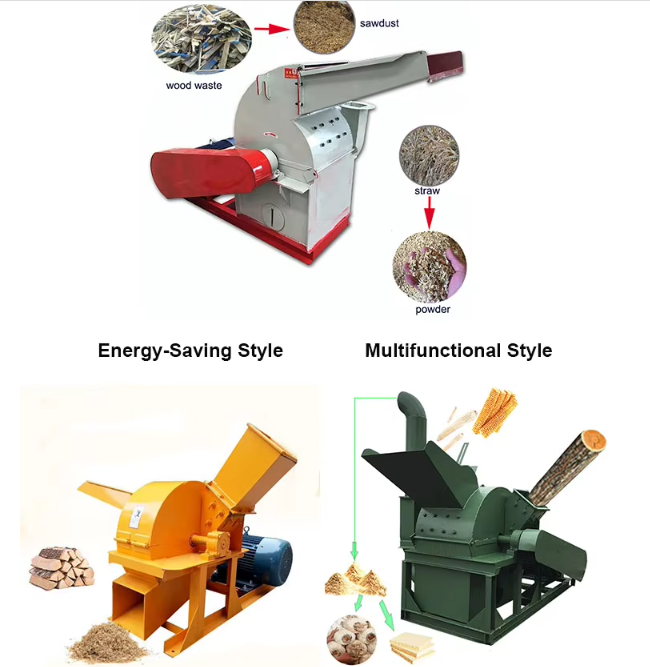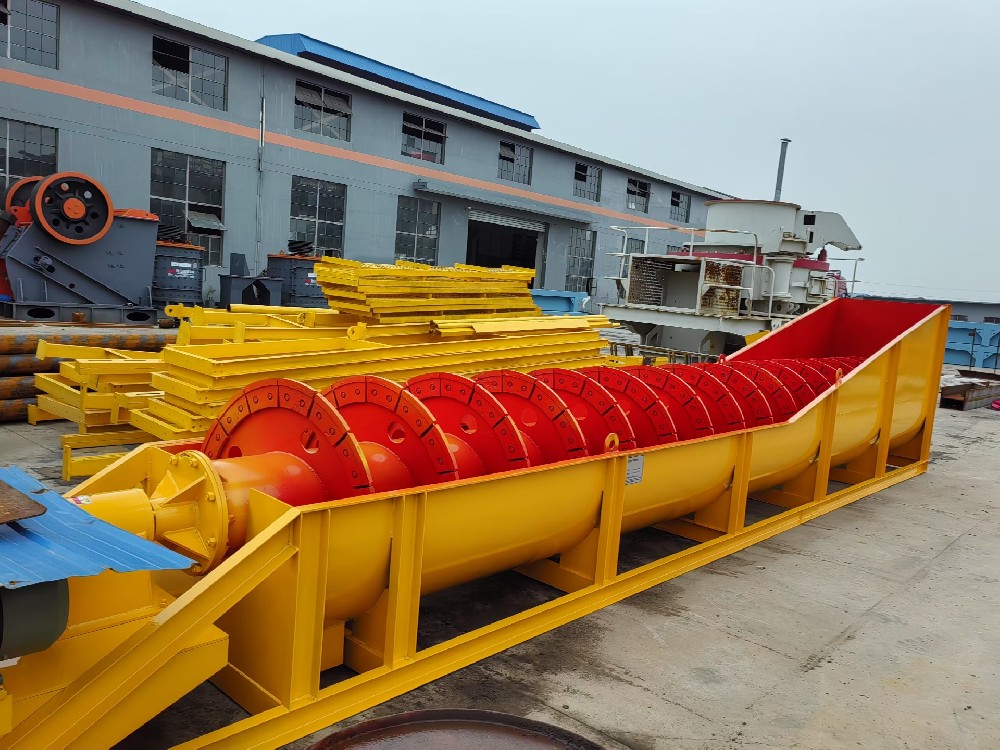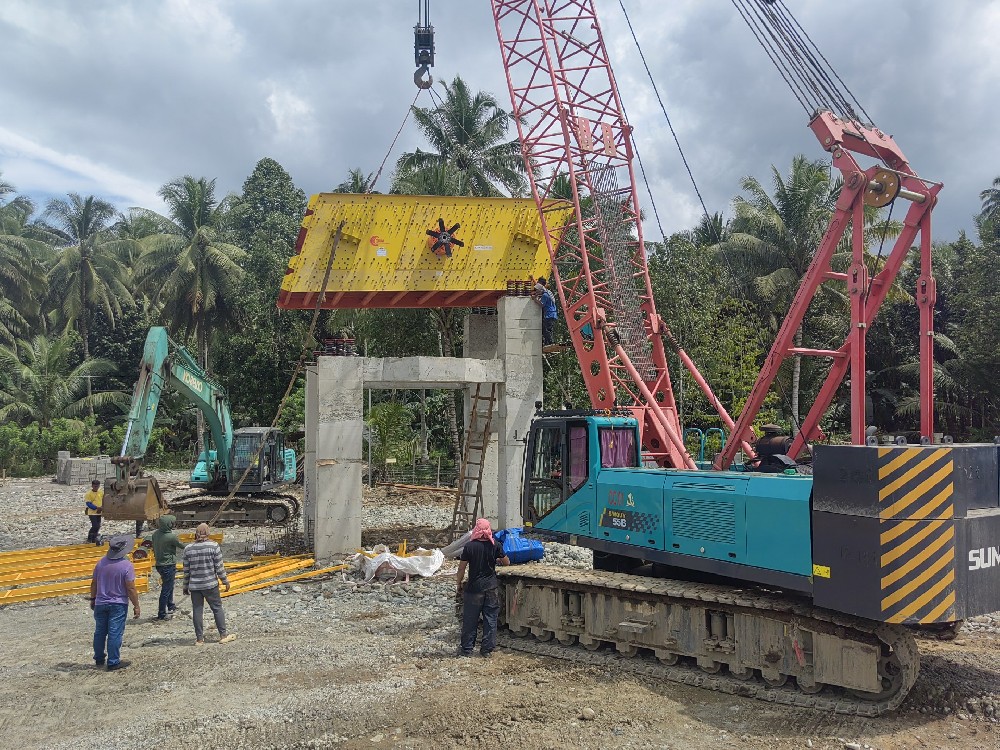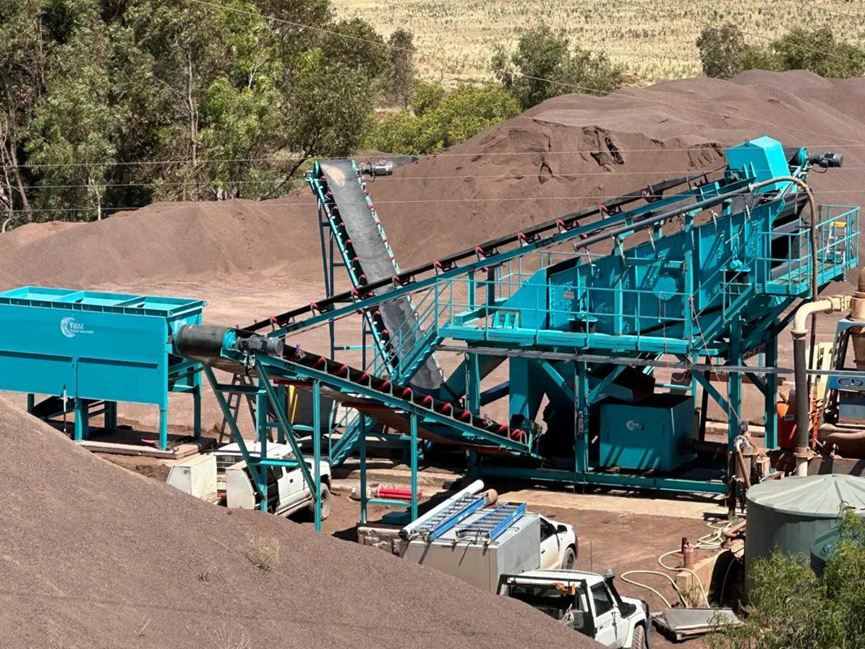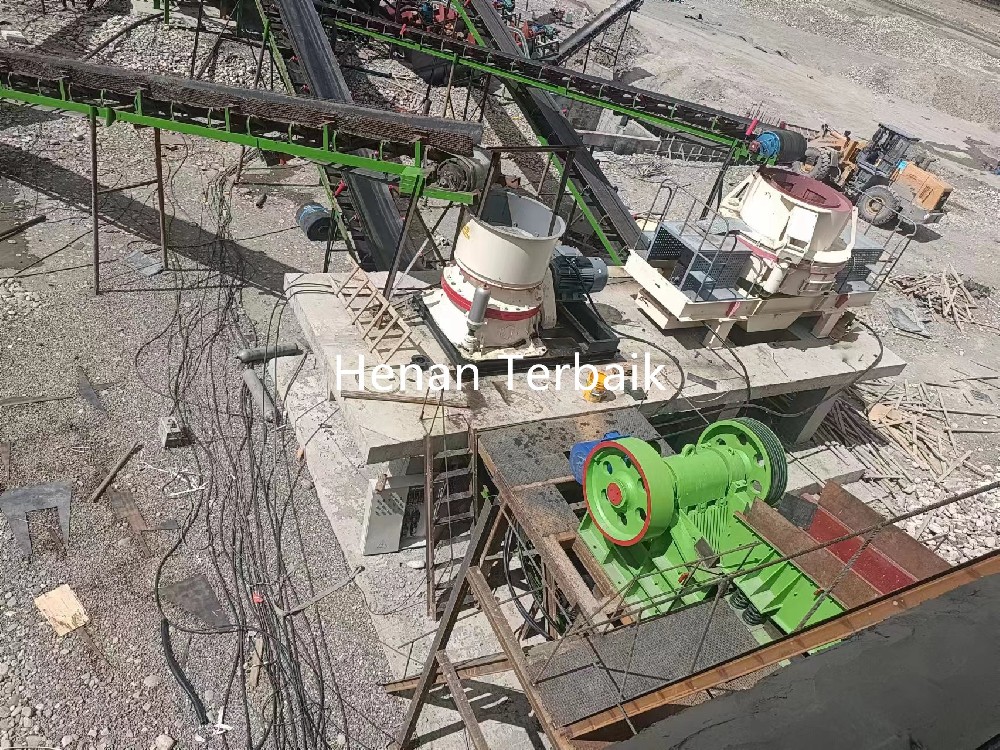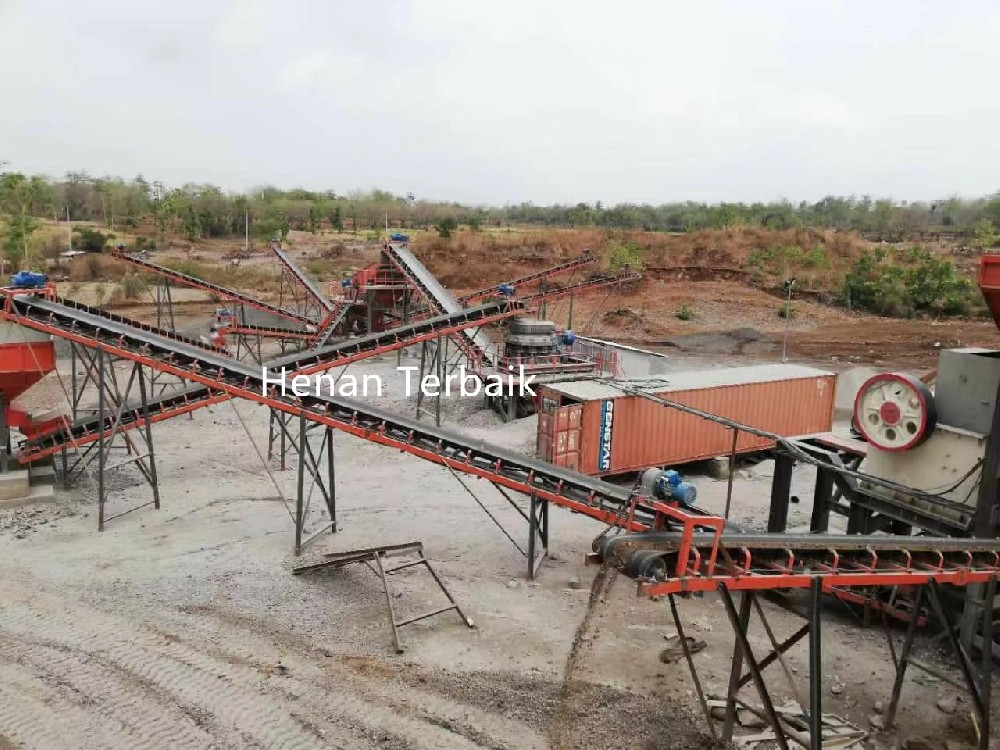Henan Terbaikmachinery specializes in producing advanced mining crushing equipment and provides comprehensive solutions for various crushing and grinding production lines. Serving a diverse clientele in Southeast Asia and Africa, Henan Terbaikmachinery is committed to delivering high-quality machinery that meets the specific needs of its customers. This article focuses on the dry ball mill, a critical piece of equipment for industries requiring efficient and precise milling processes.
What is Dry Ball Milling?
Dry ball milling is a process that involves grinding materials without using liquids. Unlike wet ball milling, where water or other liquids are added to create a slurry, dry ball milling relies on the material's inherent moisture content. This process is often employed when the material needs to maintain its integrity or when water would adversely affect the process. Dry ball mills are commonly used in the production of cement, ceramics, and other products requiring a fine, consistent grind.
What is the Difference Between Wet Ball Mill and Dry Ball Mill?
The primary difference between wet and dry ball mills is the presence of liquid during the milling process. Wet ball milling involves adding liquid to the material being ground, creating a slurry that aids in the milling process. This can be beneficial for certain materials, as the liquid can help to reduce heat and friction. However, dry ball milling is preferred when the material's moisture level must be controlled, or when the addition of liquid would compromise the final product.
What are the Disadvantages of Dry Milling?
While dry milling offers several advantages, such as precise control over the grinding process and the ability to work with materials that must remain dry, it does have some drawbacks. The lack of liquid can lead to higher temperatures during milling, which can affect the material's properties. Additionally, dry milling may require more energy, as the material is more resistant to grinding without the aid of a liquid.
What is Dry Mill Used For?
Dry ball mills are widely used in various industries, including cement, ceramics, and mining. They are particularly useful in grinding operations where the material must remain dry, or when liquid would negatively impact the process. Dry ball mills are also used when materials need to be ground to a fine powder with a controlled particle size.
For more information on how Henan Terbaikmachinery can assist with your dry ball milling needs, or to inquire about our products and services, please contact us today. Please leave a message—we're here to help you find the perfect solution for your milling requirements.




